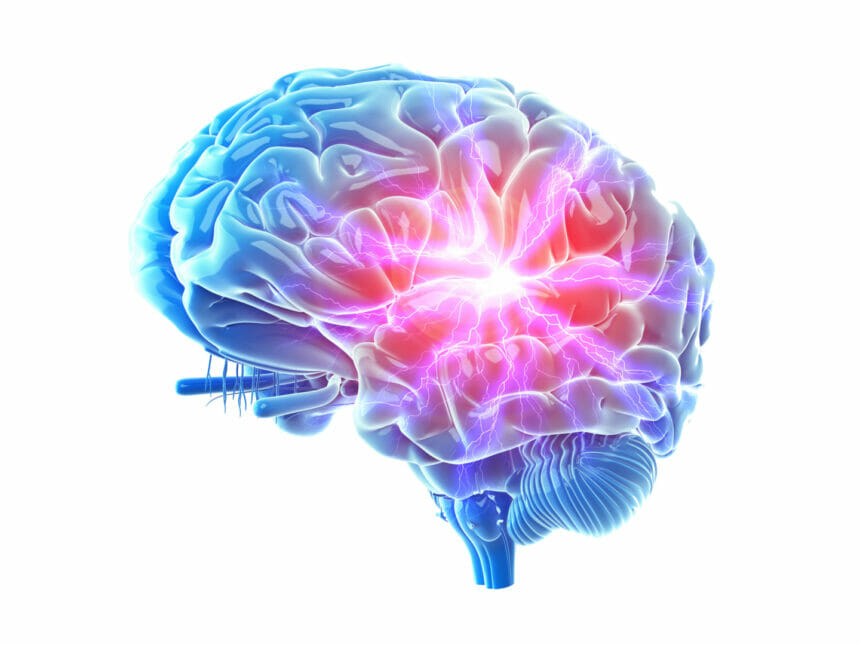A study published Wednesday in Nature Neuroscience sheds light into how amyloid-beta and tau proteins impact brain activity and contribute to cognitive decline.
Amyloid-beta and tau proteins have been linked with Alzheimer’s disease; as they accumulate, people with the disease can experience cognitive decline.
In a new study, researchers evaluated 104 people with a family history of Alzheimer’s. All of the participants underwent a positron emission tomography (PET) scan so researchers could try to identify the proteins. The researchers also used magnetoencephalography (MEG) to record the participants’ brain activity.
When the team compared the scans, they discovered that areas of the brain that had more amyloid-beta showed accelerated neurophysiological activity. In people with both amyloid-beta and tau in their brains, the pattern shifted toward slower brain activity. These individuals also exhibited higher levels of attention and memory decline.
The way the proteins interact may lead to altered brain activity before a person notices symptoms of cognitive problems, the authors said.
Jonathan Gallego Rudolf, a PhD candidate at McGill University’s Neuro and Sylvia Villeneuve Lab at the Douglas Research Centre, who led the study, wants to follow up with participants to evaluate scans over time. He wants to see if the proteins promote more brain activity slowing as time passes.
“Our study provides direct evidence in humans for the hypothesized shift in neurophysiological activity, from neural hyper- to hypo-activity, and its association with longitudinal cognitive decline. These results parallel findings from animal and computational models and contribute to the advancement of our understanding of the pathological mechanisms underlying the preclinical stage of Alzheimer’s disease,” Rudolf said in a statement.
The news comes about a week after a study found that Leqembi and Kisunla reduce amyloid plaques that are implicated in Alzheimer’s disease, but also boost levels of a healthy form of amyloid beta (Aβ42) protein in the brain.





